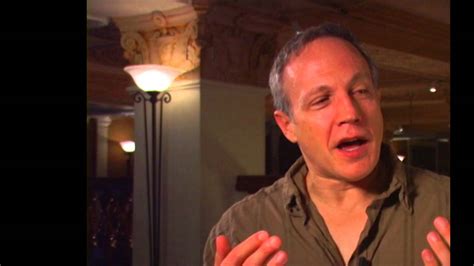A Quote by Carol Tavris
In the horrifying calculus of self-deception, the greater the pain we inflict on others, the greater the need to justify it to maintain our feelings of decency and self-worth.
Related Quotes
What is the most fascinating kind of self-deception to me, and a kind that isn't necessarily unhealthy, is what Friedrich Nietzsche called "strategic self-deception." The kind of self-deception that you can engage in with your eyes wide open. You do it because you say, "There's things that I couldn't accomplish without this kind of self-deception."
Improved perception of our somatic feelings not only gives us greater knowledge of ourselves but also enables greater somatic skill, facility, and range of movement that can afford our sensory organs greater scope in giving us knowledge of the world. Besides augmenting our own possibilities of pleasure , such improved somatic functioning and awareness can give us greater power in performing virtuous acts for the benefit of others, since all action somehow depends on the efficacy of our bodily instrument.
We are all members of the same flawed species. Putting our moral vision into practice means imposing our will on others. The human lust for power and esteem, coupled with its vulnerability to self-deception and self-righteousness, makes that an invitation to a calamity, all the worse when the power is directed at a goal as quixotic as eradicating human self-interest.
All you need is already within you, only you must approach your self with reverence and love. Self-condemnation and self-distrust are grievous errors. Your constant flight from pain and search for pleasure is a sign of love you bear for your self, all I plead with you is this: make love of your self perfect. Deny yourself nothing -- glue your self infinity and eternity and discover that you do not need them; you are beyond.
Emotional dependence is the opposite of emotional strength. It means needing to have others to survive, wanting others to "do it for us," and depending on others to give us our self-image, make our decisions, and take care of us financially. When we are emotionally dependent, we look to others for our happiness, our concept of "self," and our emotional well-being. Such vulnerability necessitates a search for and dependence on outer support for a sense of our own worth.






































